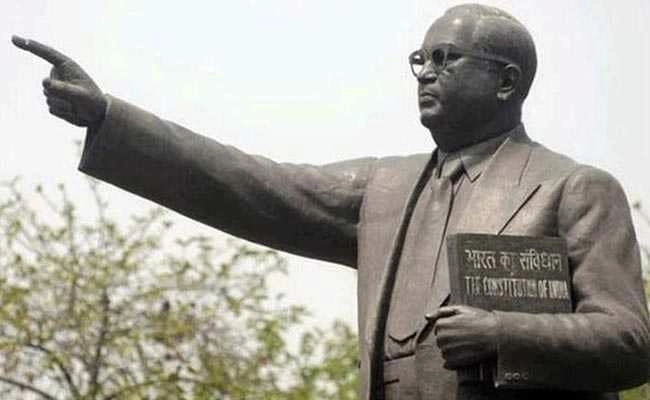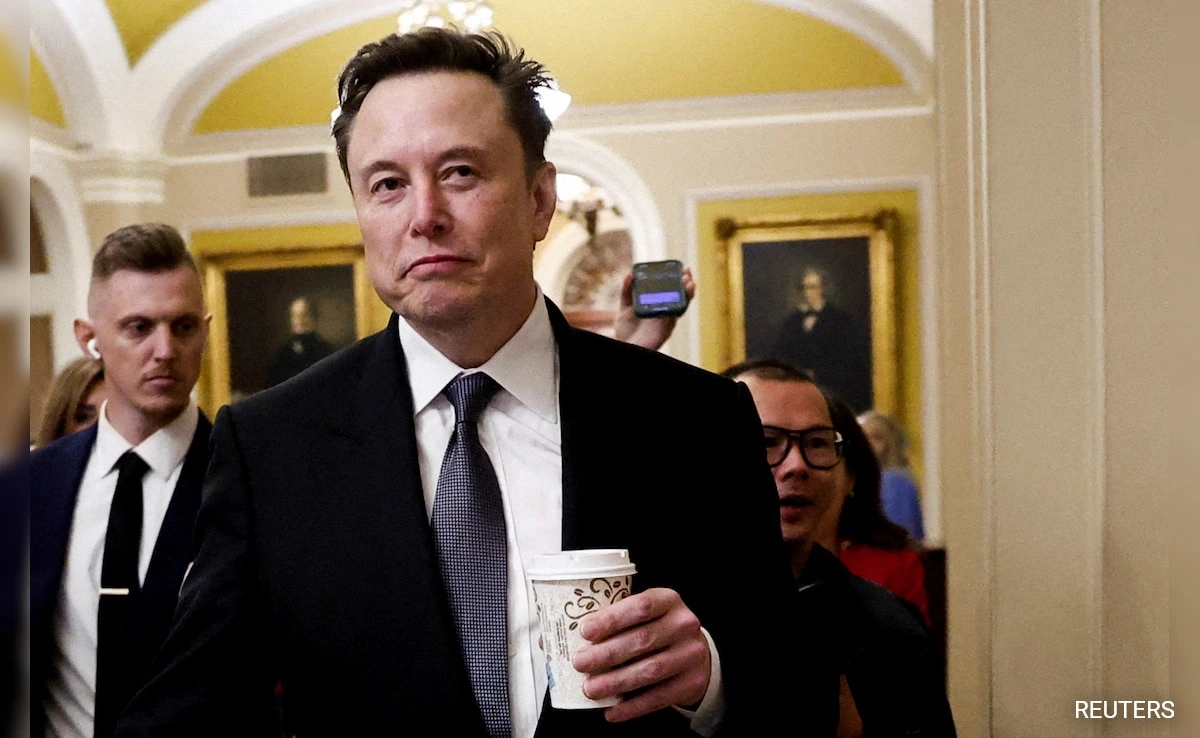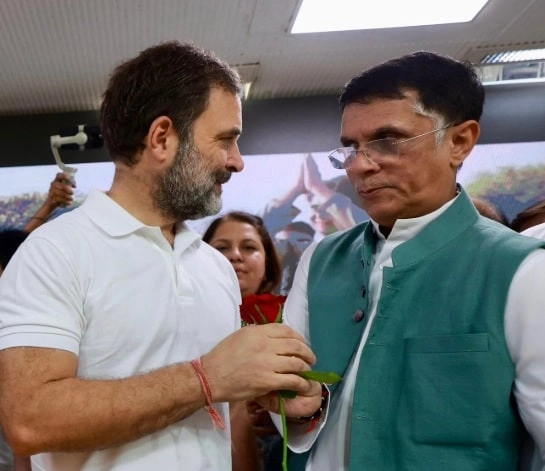The struggle to claim Dr. B.R. Ambedkar’s legacy has often been marked by intense ideological battles that reflect the complexities of India’s social and political landscape. Ambedkar, a pivotal figure in the fight against caste discrimination and the architect of the Indian Constitution, has become a symbol for various movements aiming to champion social justice and equality. However, this legacy is not universally accepted or interpreted; instead, it has become a battleground for different political factions, each vying to align themselves with Ambedkar’s vision and ideals.
On one side, there are those who advocate for the rights of marginalized communities, asserting that Ambedkar’s teachings should guide contemporary policies to uplift the oppressed. These proponents often emphasize the need to revisit and reinforce the principles of social justice, education, and political representation that Ambedkar passionately championed. They argue that true adherence to his legacy requires not only acknowledgment but also practical measures to dismantle systemic inequalities that persist in society today.
Conversely, there are factions that seek to co-opt Ambedkar’s legacy for their own political gain, often diluting his radical messages in favor of more mainstream, palatable narratives. This appropriation can lead to a distortion of his teachings, reducing them to mere slogans rather than actionable frameworks for change. Consequently, this creates a sense of disillusionment among those who genuinely aspire to honor Ambedkar’s revolutionary spirit. The tug-of-war over his legacy illustrates a broader struggle within Indian society about how to reconcile historical injustices with modern aspirations for equality and justice.
As the debates rage on, it is crucial to remember that Ambedkar’s legacy is not a monolithic entity; it is a multifaceted doctrine that encourages critical reflection and activism. Engaging with his ideas in a meaningful way means grappling with their complexities and contradictions rather than simplifying them for political expediency. Understanding Ambedkar’s vision requires a commitment to the ongoing fight for equality, ensuring that his teachings remain relevant in the face of contemporary challenges. Ultimately, the battle to claim Ambedkar’s legacy is not merely a political contest; it is a profound reflection of society’s ongoing struggle to achieve the ideals of justice, liberty, and fraternity that he so ardently advocated.




